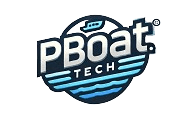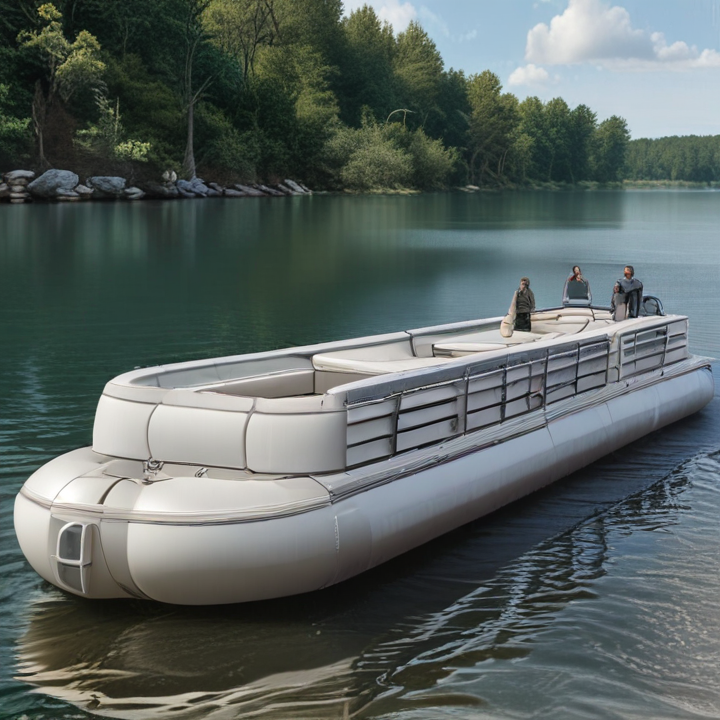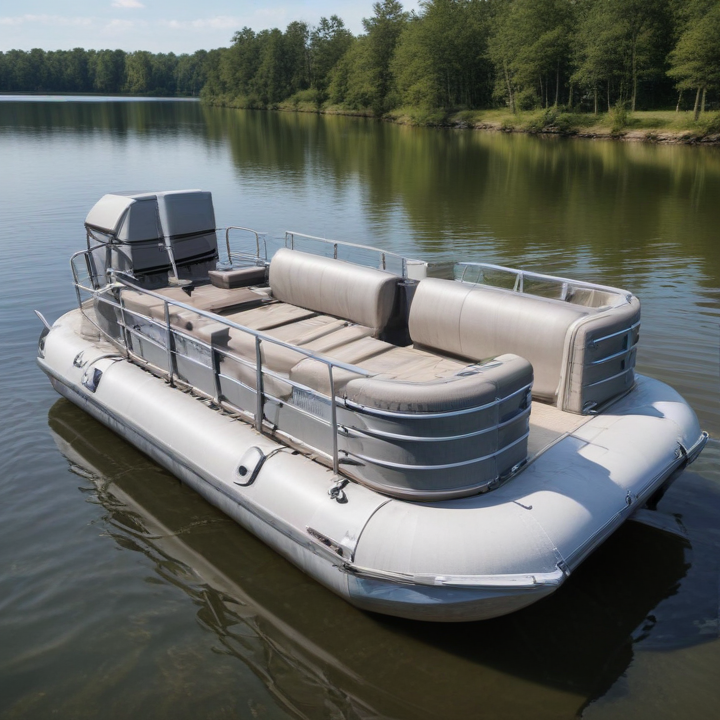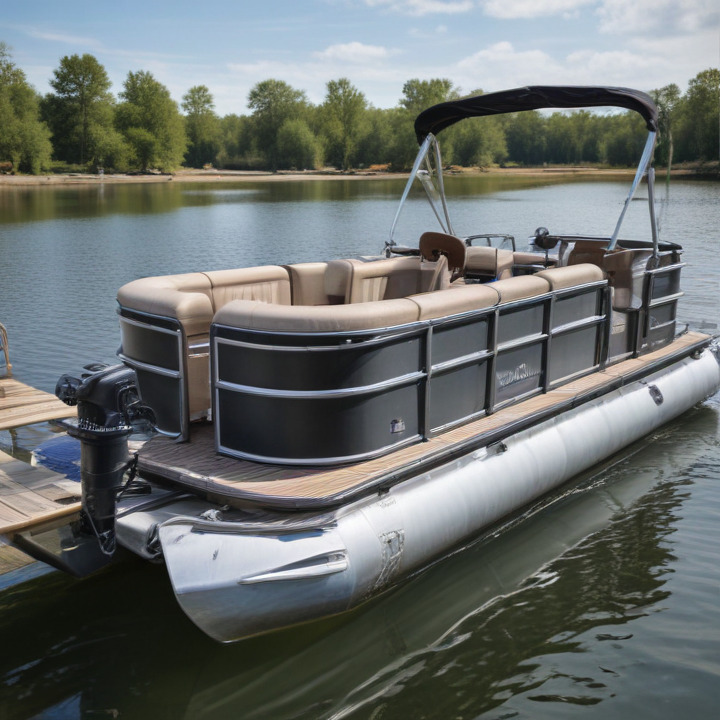pontoon tube for sale Safety Certifications
When purchasing a pontoon tube for your watercraft, ensuring it meets essential safety certifications is crucial. These certifications confirm that the product adheres to established safety standards, providing peace of mind and legal compliance. Here are some key safety certifications to look for:
1. NMMA Certification: The National Marine Manufacturers Association (NMMA) certification guarantees that the pontoon tube complies with the American Boat & Yacht Council (ABYC) standards, ensuring high-quality manufacturing and safety.
2. ISO Certification: The International Organization for Standardization (ISO) certification, like ISO 6185, is another hallmark of safety. It verifies that the pontoon tube has been rigorously tested to meet international safety guidelines.
3. CE Marking: If the pontoon tube is manufactured or sold in Europe, the CE mark indicates conformity with health, safety, and environmental protection standards in the European Economic Area (EEA).
4. Coast Guard Approval: In the United States, a pontoon tube with US Coast Guard approval means it meets strict safety and performance standards set by the agency, often indicated by a label or tag.
5. Warranty and Testing Assurance: Manufacturers often conduct extensive in-house testing. Look for products that come with a warranty, as this indicates confidence in the pontoon tube’s reliability and durability.
When buying a pontoon tube, always ask for documentation or certification proof. Verify that the manufacturer adheres to these standards to ensure a safe and enjoyable boating experience. Safety should never be compromised, so invest in a certified pontoon tube from a reputable manufacturer.
By focusing on certified products, you not only safeguard your investment but also ensure the safety of everyone who enjoys boating with you. Always prioritize safety over cost to guarantee the best outdoor adventure.
List Reference Technical Parameters of “pontoon tube for sale”
When looking for a pontoon tube for sale, several technical parameters are critical to evaluate to ensure that the tube meets your specific needs and requirements. These parameters include:
1. Material: High-quality aluminum is commonly used for pontoon tubes due to its durability, light weight, and resistance to corrosion. The grade of aluminum (e.g., 5052-H32) can indicate its strength and suitability for marine environments.
2. Diameter: The diameter impacts the buoyancy and stability of the pontoon. Standard diameters typically range from 22 to 27 inches, with larger diameters offering more stability and load-carrying capacity.
3. Length: Pontoon tubes come in various lengths depending on the size of the boat. Common lengths range from 16 to 30 feet. The length must be appropriate for the type and intended use of the pontoon boat.
4. Buoyancy: This is measured in terms of the weight the tube can support. It is important to check the buoyancy specifications to ensure the tube can support the intended load, including passengers, equipment, and structural components.
5. Number of Air Chambers: Multiple air chambers offer added safety; if one chamber becomes compromised, the other chambers can maintain flotation.
6. Keel or Strakes: Look for designs that include reinforced keels or strakes, which improve handling and reduce drag.
7. Weld Quality: High-quality welding ensures the structural integrity of the pontoon tube. Look for seams that are even and smooth with full penetration welds.
8. Attachment Points: Adequate and strong attachment points for mounting to the boat frame are essential. Stainless steel fittings and hardware are preferred for their resistance to rust and corrosion.
9. Compliance and Certification: Ensure the pontoon tube complies with relevant safety and quality standards such as those set by the American Boat and Yacht Council (ABYC).
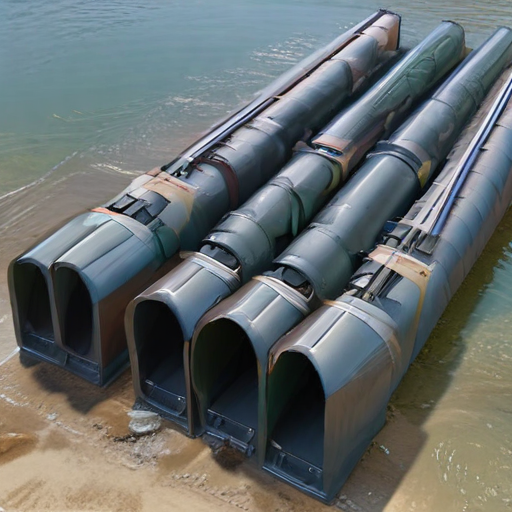
List Product features of “pontoon tube for sale”
When considering the purchase of a pontoon tube, it’s essential to understand the key features that contribute to the product’s performance, durability, and compatibility. Here are some primary features of high-quality pontoon tubes:
1. Material Quality:
– Aluminum Construction: Commonly made from marine-grade aluminum, ensuring resistance to corrosion and lightweight strength.
– Welded Seams: Precision-welded seams for enhanced durability and leak prevention.
2. Size and Dimensions:
– Diameter: Typically ranges from 19 to 25 inches, affecting buoyancy and stability.
– Length: Should correspond to the size of the pontoon deck, usually ranging from 16 to 28 feet.
3. Buoyancy Chambers:
– Multiple Chambers: Compartments within the tube to prevent sinking if one chamber gets punctured.
– Pressure-Relief Valves: Helps to prevent over-inflation in high temperatures.
4. Performance Enhancements:
– Lifting Strakes: Improves speed and fuel efficiency by reducing water resistance.
– Keels and Fins: Stabilize the pontoon in rough waters, minimizing side-to-side motion.
5. Mounting and Compatibility:
– Bracket Compatibility: Pre-installed mounting brackets for ease of installation with various pontoon decks.
– Accessory Mounts: Ready-made spots for attaching motors, anchor systems, and other accessories.
6. Safety and Compliance:
– ABYC Standards: Compliance with the American Boat and Yacht Council standards for safety and reliability.
– Flotation Certification: Meets or exceeds flotation requirements.
7. Surface Finish:
– Smooth Anodized Finish: Protects against harsh marine environments and offers a polished appearance.
8. Customization Options: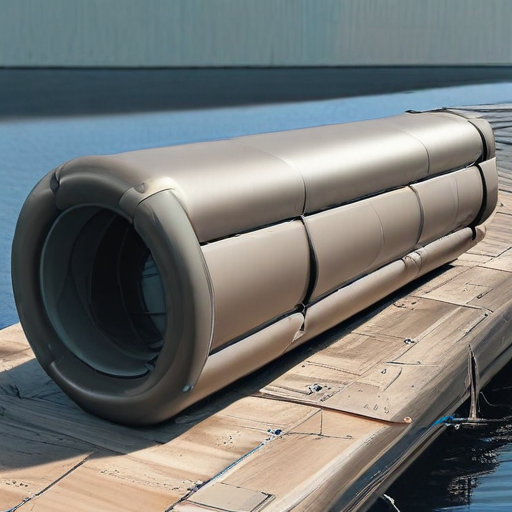
“pontoon tube for sale” Warranty and Support
Pontoon Tube for Sale: Warranty and Support
Looking for a reliable pontoon tube to enhance your boating experience? We offer high-quality pontoon tubes designed to meet your recreational and commercial needs. Our pontoon tubes come with a comprehensive warranty and exceptional support to ensure you have a worry-free purchase.
Warranty Details:
Our pontoon tubes come with a manufacturer’s warranty that covers defects in materials and workmanship for a period of up to 3 years from the date of purchase. This warranty ensures that you receive a product free from significant manufacturing defects. Please note that the warranty does not cover normal wear and tear, damage caused by improper use, neglect, or unauthorized modifications.
Support Services:
We are committed to providing you with top-notch customer support. If you encounter any issues or have questions about your pontoon tube, our dedicated support team is here to assist you. We offer:
1. Technical Assistance: Expert advice on installation, maintenance, and troubleshooting.
2. Replacement Parts: Quick access to genuine replacement parts to ensure your pontoon tube remains in excellent condition.
3. Customer Service: Friendly and responsive customer service to handle your inquiries and warranty claims efficiently.
4. Resources: Comprehensive user manuals, instructional videos, and FAQs available on our website for your convenience.
How to Claim Warranty:
If you experience any issues with your pontoon tube, contact our support team through phone or email. Provide your proof of purchase and a detailed description of the problem. Our team will guide you through the warranty claim process and work to resolve your issue promptly.
Choose our pontoon tubes for a reliable, long-lasting investment backed by robust warranty and support services. Enjoy peace of mind on the water with our commitment to quality and customer satisfaction.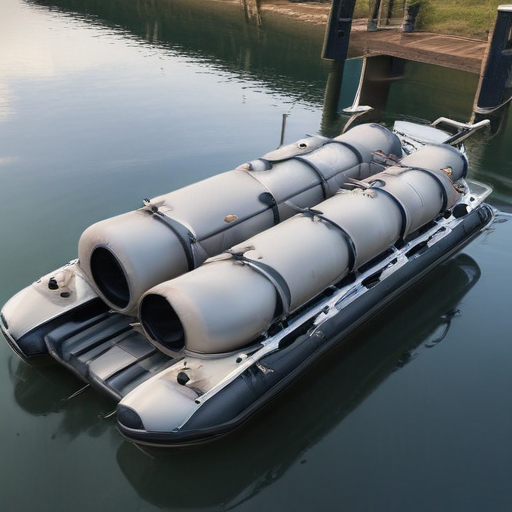
List “pontoon tube for sale” FAQ
FAQ: Pontoon Tubes for Sale
1. What are pontoon tubes?
Pontoon tubes, also known as pontoon logs or floats, are cylindrical structures made of aluminum or other durable materials that provide buoyancy to pontoon boats.
2. How do I choose the right pontoon tube?
Consider the size, material, weight capacity, and compatibility with your existing pontoon boat frame. Ensure the tubes meet your boating needs and usage conditions.
3. Are there different types of pontoon tubes?
Yes, there are standard, elliptical, and U-shaped tubes. Standard tubes are the most common, while elliptical and U-shaped offer enhanced stability and performance.
4. What materials are pontoon tubes made from?
Most pontoon tubes are made of aluminum due to its durability, lightweight properties, and resistance to corrosion. Some may also be made of fiberglass or steel.
5. Can pontoon tubes be repaired?
Yes, minor dents and punctures can often be repaired by welding or using patch kits specifically designed for aluminum. Major damage may require professional assistance.
6. How much do pontoon tubes cost?
Prices vary based on size, material, and brand. New tubes typically range from $1,000 to $3,000 each. Used tubes can be more affordable but should be carefully inspected for damage.
7. Where can I buy pontoon tubes?
You can purchase pontoon tubes from boat dealerships, marine supply stores, online marketplaces, and specialized manufacturers.
8. What should I look for when buying used pontoon tubes?
Inspect for dents, corrosion, leaks, and overall structural integrity. Ask for the tubes’ history and whether they have undergone any repairs.
9. Do new pontoon tubes come with a warranty?
Most new pontoon tubes come with a manufacturer’s warranty. The duration and coverage can vary, so check the specific terms before purchasing.
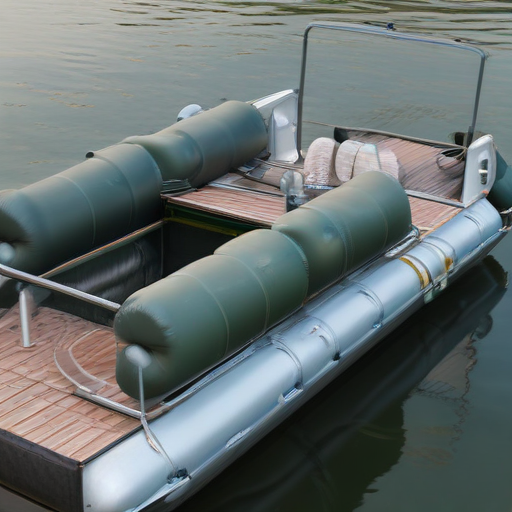
Top 10 FAQ with answer about pontoon tube for sale for Buyer Sourcing from China
1. What are pontoon tubes made of?
– Pontoon tubes are typically made of durable materials like aluminum or stainless steel, which offer longevity and resistance to corrosion.
2. What are the standard sizes for pontoon tubes?
– Standard sizes can vary, but common lengths range from 12 to 25 feet, with diameters between 19 to 25 inches. Custom sizes can also be requested.
3. Can I get custom designs for my pontoon tubes?
– Yes, many manufacturers offer customization services. You can specify size, shape, and additional features to meet your specific needs.
4. What is the minimum order quantity (MOQ) for sourcing pontoon tubes from China?
– The MOQ can vary by supplier, but it typically ranges from 10 to 50 units. It’s advisable to discuss this directly with your supplier.
5. How do I ensure the quality of pontoon tubes from Chinese manufacturers?
– Choose suppliers with certifications like ISO 9001 and request quality assurance documentation. Conducting third-party inspections can also ensure product quality.
6. What is the average lead time for manufacturing and shipping?
– The average lead time can range from 30 to 60 days, including production and shipping. Delays can occur due to customization or shipping logistics.
7. What are the payment terms typically required by suppliers?
– Common payment terms include a 30% deposit upfront with the remaining 70% paid before shipment. Terms can vary, so negotiate these with your supplier.
8. Can I visit the factory before placing a large order?
– Most reputable manufacturers welcome factory visits. It can help you verify their capabilities and build trust.
9. What kind of warranties do suppliers offer on pontoon tubes?
